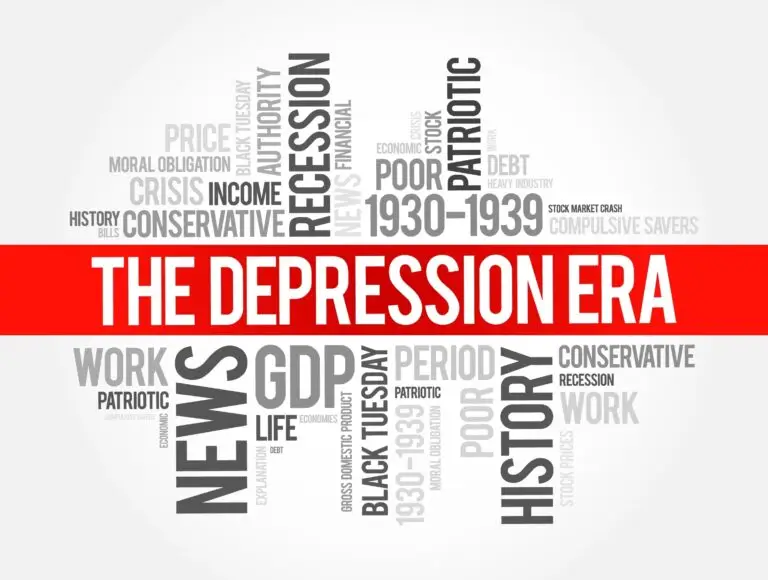Great Depression

Table of Contents
What was the Great Depression?
The Great Depression was a severe and prolonged economic downturn that afflicted the United States and much of the world during the 1930s. It was the most devastating economic crisis in modern history, marked by widespread unemployment, bank failures, agricultural collapse, and a sharp decline in industrial production.
The Great Depression had profound and lasting effects on American society, shaping economic policies, social attitudes, and government interventions for years.
Key Events During Great Depression
The Great Depression was the most severe economic downturn in U.S. history, lasting from 1929 to the late 1930s.
The stock market crash on October 29, 1929, known as Black Tuesday, is often considered the starting point of the Great Depression.
The Great Depression was characterized by widespread unemployment, poverty, and a significant decline in industrial production and agricultural output.
By 1933, the unemployment rate in the United States had reached approximately 25%, leaving millions of Americans without work.
Bank failures were widespread during the Great Depression, leading to a loss of savings for many individuals and a further contraction of credit.
The Dust Bowl, a severe ecological disaster caused by drought and poor farming practices in the Midwest, added to the economic hardships of the Great Depression.
President Franklin D. Roosevelt’s New Deal, implemented between 1933 and 1938, was a series of programs and policies to provide relief, recovery, and reform to address economic challenges.
Social Security, established in 1935, was one of the key New Deal programs, providing financial support for the elderly and disabled.
The Great Depression had a global impact, with many countries experiencing economic hardships and contributing to the rise of European authoritarian regimes.
World War II is often credited with finally ending the Great Depression, as the economic demands of the war effort led to increased production, job opportunities, and economic recovery in the United States.
Related Links
American Revolution
Civil Rights Movement
Cold War
World War I